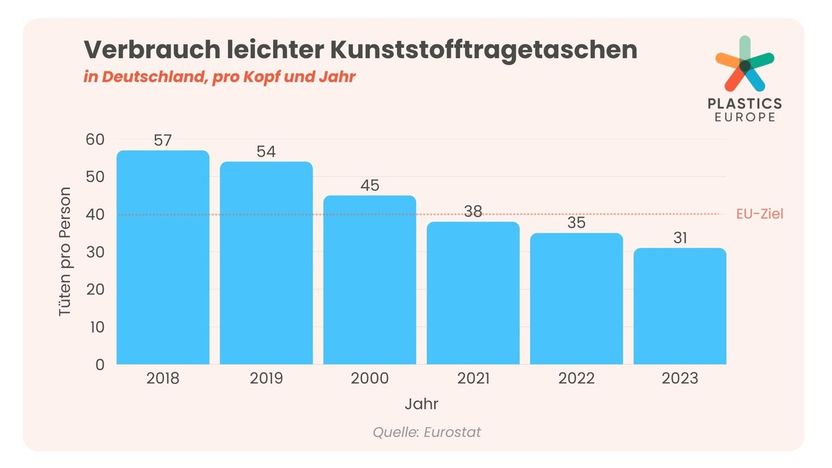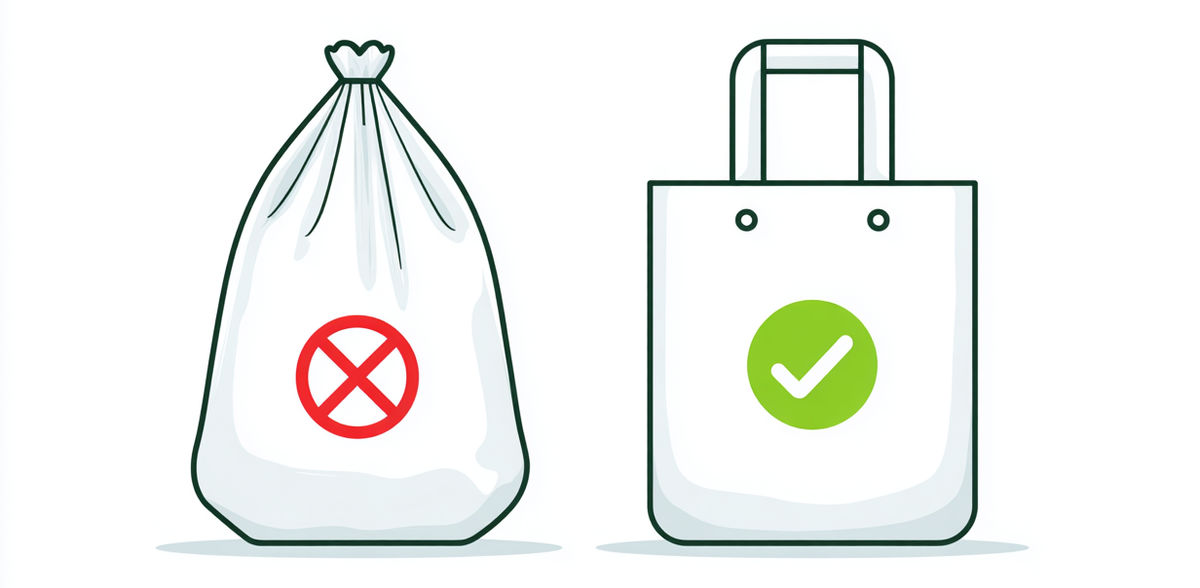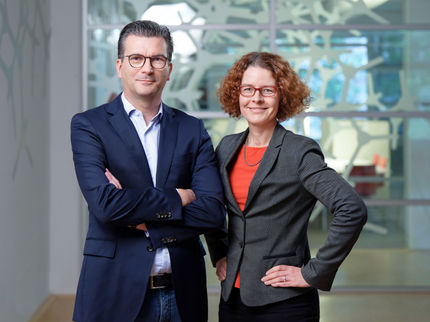Balance sheet after 5 years of the single-use plastic bag ban
Germany reduces single-use carrier bags from 57 to 31 per capita per year
Advertisement
Five years ago, on November 26, the German parliament passed a ban on thin single-use plastic bags. In doing so, Germany implemented an EU directive aimed at reducing the consumption of lightweight plastic carrier bags (between 15 and 50 micrometers thick). As the European statistics authority Eurostat shows for Germany, consumption has fallen sharply since then: from around 57 bags per capita in 2018 to around 31 in 2023. Germany thus meets the EU target of reducing consumption to a maximum of 40 bags per person per year.

Consumption of lightweight single-use plastic carrier bags has roughly halved in Germany since 2018 Source: Eurostat / Further text via ots and www.presseportal.de/nr/57333 / The use of this image for editorial purposes is permitted and free of charge, provided that all terms of use are observed. Publication exclusively with picture rights notice.
PlasticsEurope Deutschland e.V.
Transition period expired: Regulation fully in force since 2022
There was a transitional period during which it was permitted to use up remaining stocks. Since January 1, 2022, stores are no longer allowed to hand out these thin single-use plastic bags at the checkout. This also applies to variants made from bio-based or degradable plastics. If retailers continue to offer unauthorized single-use plastic bags with a wall thickness of less than 50 micrometres, they will face fines of up to 100,000 euros.
Reusable plastic carrier bags remain permitted
Very lightweight bags for fruit and vegetables (less than 15 micrometers) remain permitted if they are necessary for hygiene and protect food. Sturdy reusable plastic carrier bags are also still permitted.
Plastic proves its worth in reusable applications
The industry supports the goal of avoiding unnecessary waste. The life cycle assessment of a product over its entire life cycle is important. "The disposable bag has become a symbol of superfluous consumption. But the decisive factor is that plastic has established itself as an almost ideal solution for reusable applications," says Dr. Christine Bunte from Plastics Europe Germany, the association of plastics producers. "A robust and durable plastic carrier bag is not only practical, but often has a better environmental footprint than many alternatives such as cloth bags."
Studies show that reusable plastic bags are more climate-friendly than disposable bags after just a few uses. Alternatives such as cotton bags, on the other hand, have to be used around 50-150 times to keep up ecologically.
Note: This article has been translated using a computer system without human intervention. LUMITOS offers these automatic translations to present a wider range of current news. Since this article has been translated with automatic translation, it is possible that it contains errors in vocabulary, syntax or grammar. The original article in German can be found here.


































































